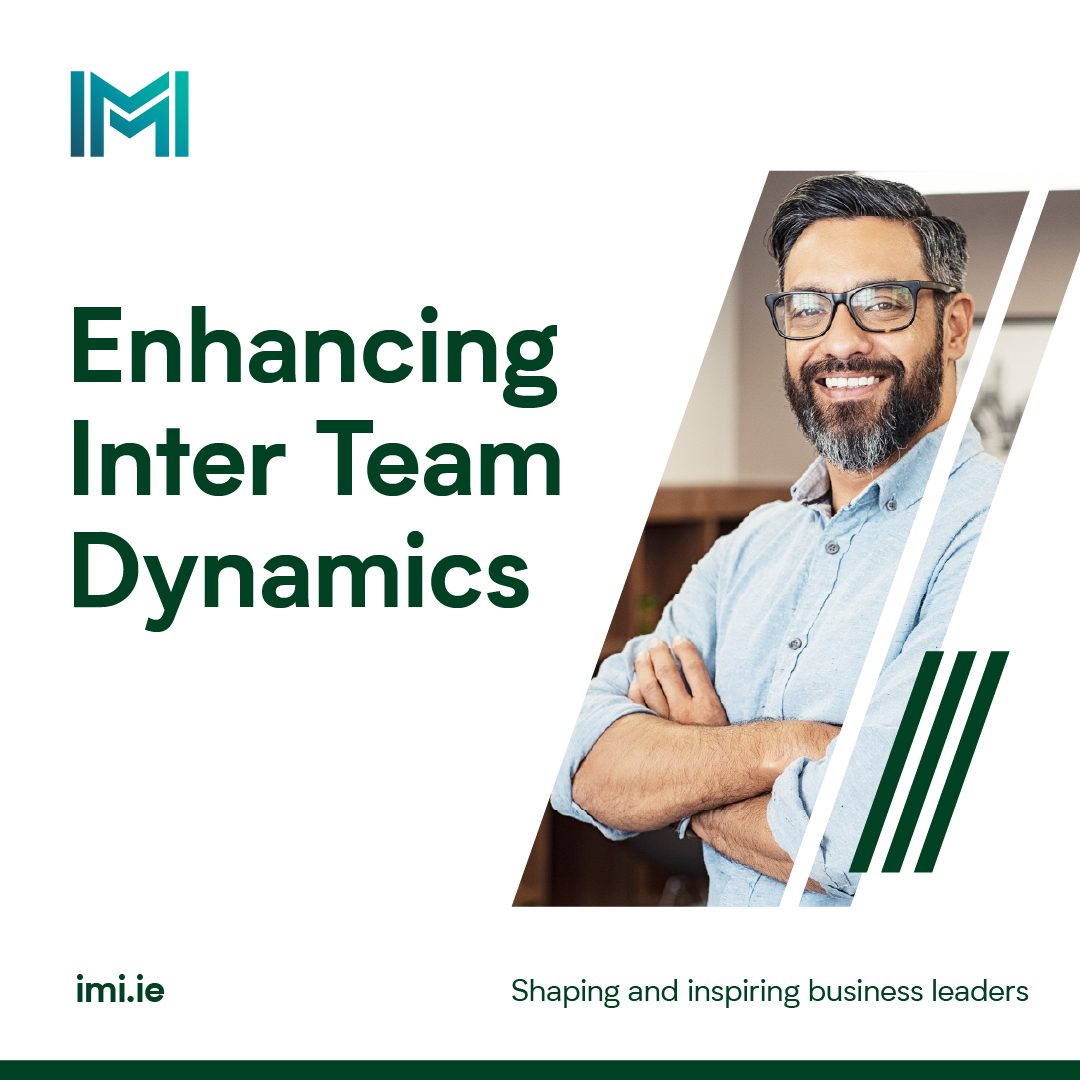Failing Fast When Dealing With People’s Lives: Insights from the CEO Panel at the National Leadership Conference
By Ben Davern | 30th October 2024
The CEO Panel at this year’s National Leadership Conference brought together prominent leaders from Ireland’s top sectors to explore the evolving landscape of business in Ireland. Expertly moderated by Orlaith Carmody, the panel featured Bernard Gloster, CEO of the HSE; Michael Lohan, CEO of IDA Ireland; Vanessa Hartley, Head of Google Ireland; and Lorna Conn, CEO of CPL. Each brought their unique insights on issues ranging from talent and innovation to the profound influence of technology and artificial intelligence (AI) on business.
Global Competitiveness
Michael Lohan opened the discussion, focusing on Ireland’s competitive strengths, including its reputation as a global hub for talent. He highlighted the IDA’s ongoing success in attracting international businesses, attributing it to strong, strategic partnerships with companies that value the benefits of doing business in Ireland. “We’re looking at €35 billion being generated by IDA client companies annually,” he said, underscoring Ireland’s critical role in tech, healthcare, and sustainability.
However, Lohan noted this position isn’t guaranteed, emphasising the need for Ireland to respond swiftly to changes in the competitive European landscape. He also stressed the importance of government involvement, noting the responsiveness of the Irish system and the Taoiseach’s engagement in summits to promote collaboration and business-friendly policies.
Talent & Technology
Vanessa Hartley shifted the conversation to Ireland’s talent landscape. She painted an optimistic picture of Ireland’s educated, skilled workforce, which is envied internationally for its blend of expertise, political stability, and economic vibrancy. AI, she noted, is transforming every facet of business, but organisations must be careful to balance enthusiasm with a realistic understanding of the risks.
“The biggest risk we have in Ireland is not moving fast enough,” Ms. Hartley warned, calling for a proactive approach to embrace new technologies without overlooking the essential roles of critical thinking, judgment, and core job functions in driving innovation. She underscored the need for agility in adapting to AI’s rapid evolution, while recognising that different working styles enrich the business landscape and we can all learn from each other.
Healthcare Innovation
Bernard Gloster, leading Ireland’s largest public service organisation with a team of 150,000, brought the discussion into the realm of healthcare. Gloster highlighted the immense challenge of managing a health system tasked with improving the well-being of Ireland’s population. He acknowledged the potential of AI to revolutionise healthcare delivery, making it more efficient and accessible, but cautioned that in healthcare, the stakes are high: “Failing fast is different when you’re dealing with people’s lives,” he said.
For Gloster, digital advancements must be balanced with the human touch, and AI should serve to enhance, not replace, human interaction, particularly when addressing life-saving services. He also acknowledged the challenges posed by media narratives that often focus on the downsides of the health service. While Ireland boasts one of the best life expectancies globally, the real issue lies in ensuring that people can access the necessary services. Gloster’s approach to innovation emphasises balancing business terms with the public service mandate of the HSE, where the focus is ultimately on health outcomes.
Hybrid Future
In discussing the future of hybrid working, Lorna Conn explored the delicate balance between flexibility and productivity. As more organisations adapt to remote and hybrid work models, she addressed the concerns about maintaining company culture without compromising the benefits that flexible work arrangements offer. “We need to embrace new ways of working without compromising our ability to run strong companies,” Ms. Conn remarked, adding that while employees value flexibility, there’s a pervasive fear that company culture may suffer with reduced in-office interactions.
She emphasised that leaders need to create environments that bring employees together in meaningful ways while preserving the positive aspects of remote work. Recognising the business uncertainty brought on by hybrid work models, Ms. Conn urged leaders to adapt to these changes thoughtfully, preserving both the strength of company culture and the productivity of their teams.
Balance
Each leader brought valuable perspectives, illustrating that Ireland’s future in business lies in balancing agility with stability. Whether it’s adapting to AI, creating responsive healthcare systems, or navigating hybrid work models, Irish businesses must foster adaptability to stay competitive. These leaders underscored the importance of strategic action, thoughtful leadership, and a shared commitment to shaping Ireland’s evolving business landscape, making it a powerful and transformative force in the global economy.
The National Leadership Conference is an IMI Corporate Membership Event. Find out more about Corporate Membership here.


